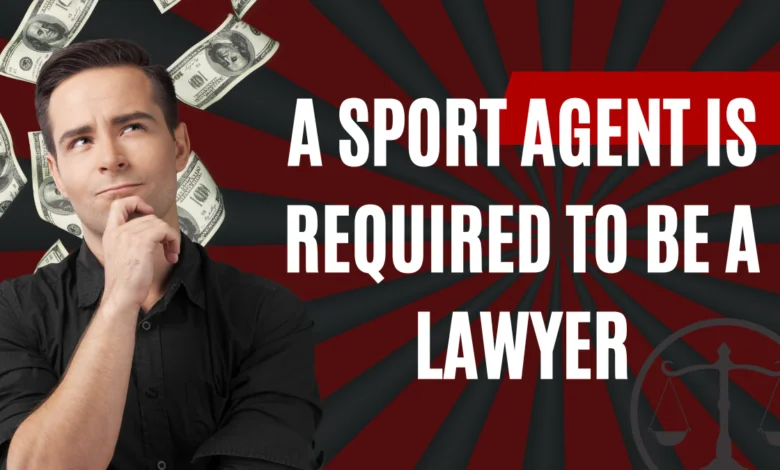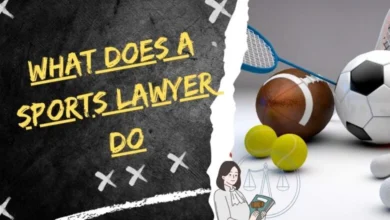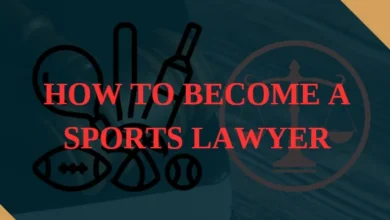Why Sports Agents Are Required to Be Lawyers

Sports agents specialize in negotiating sponsorship agreements, appearance fees and other financial arrangements on behalf of professional athletes. Additionally, they represent them during contract negotiations and other legal aspects of the industry.
Building strong relationships is paramount for success in this career path. Building these connections could open up opportunities for your client or connect you with professionals that could assist them.
Education Requirements
As legal representatives for athletes and sportspeople, agents must possess an in-depth knowledge of contract law. Furthermore, it’s crucial that agents understand how certain sports and leagues operate as certain contracts may have specific rules governing them.
Sports agents typically work for sports agencies, although they can also operate independently. To prepare themselves for their new profession, would-be agents should earn an undergraduate degree in sport management major; such a degree will give them insight into fundamental sports business issues like negotiation, branding and salary caps.
One option for legal careers in sports management is pursuing a law degree, providing them with the technical skills needed to read contracts effectively and negotiate effectively on behalf of clients. Another approach would be earning a master’s degree in sports management which can give them in-depth knowledge about brand development, salaries and caps, career strategies for professional athletes as well as career management practices within this industry.
Negotiation Skills
Successful sports agents must be master negotiators capable of navigating through the maze of contracts that athletes sign. Their job is to balance an athlete’s needs with any overpayment or unfair contracts that their client might incur, without them feeling taken advantage of in any way.
These professionals excel in explaining complex legal jargon to their clients so that they understand the contracts they sign. Furthermore, they possess extensive knowledge in providing sponsorship opportunities to clients as well as negotiating commercial agreements on their behalf – such as endorsement deals.
Aspiring agents have two options when starting their career: joining an agency or going independent. Joining can provide access to established connections and support; going it alone allows more freedom in shaping client roster and personal brand. They must also decide whether they would like accreditation with their sport’s players association – this may require additional credentials such as education and experience that vary from sport to sport.
Business Acumen
Sports agents act as legal representatives for professional athletes, coaches and managers. They negotiate employment contracts as well as sponsorship and endorsement deals on behalf of their clients; in addition to offering advice regarding financial planning and legal matters.
Business acumen encompasses an umbrella term covering hard and soft skills, knowledge, and insights essential to being an effective professional in any industry. As sports agents know well, having this acumen is absolutely crucial if they wish to be successful in their profession.
NBA star Russell Westbrook requires his agent to handle every aspect of his business, such as negotiating fashion deals with luxury brands such as Chanel and Louis Vuitton. Such business acumen allows agents to build their reputations within sports management while assuring their client’s success; many agents opt for Maryville University Rawlings’ online bachelor’s degree in e-sports management as part of this goal.
Communication Skills
Sports agents must have the ability to effectively communicate with athletes, media members and industry trends so that they can advocate for their clients effectively.
Sports agents play an integral role in helping their clients secure contracts and endorsement deals, explaining complex contract details to them while serving as spokespersons when facing public controversies or other issues that require public advocacy.
Sports agents-to-be should pursue an undergraduate degree in a relevant area such as sports management, administration or fitness administration. Such degrees teach the basics of sports law as well as managing professional careers within sport. Furthermore, earning such a bachelor’s degree gives prospective agents an opportunity to gain work experience at established agencies or individuals and thereby build up a solid reputation within the industry. This increases employment prospects dramatically.



